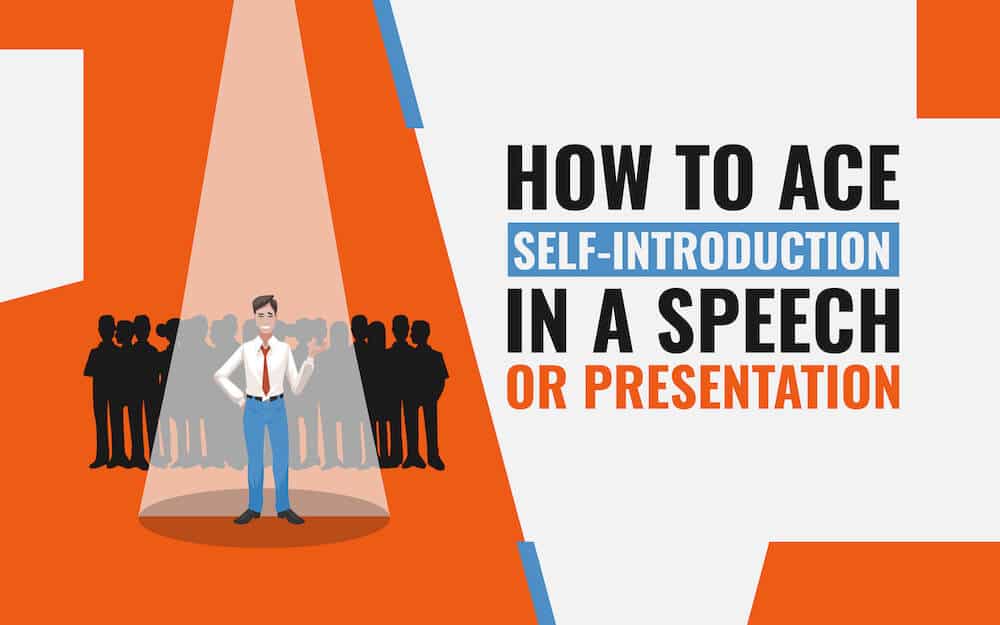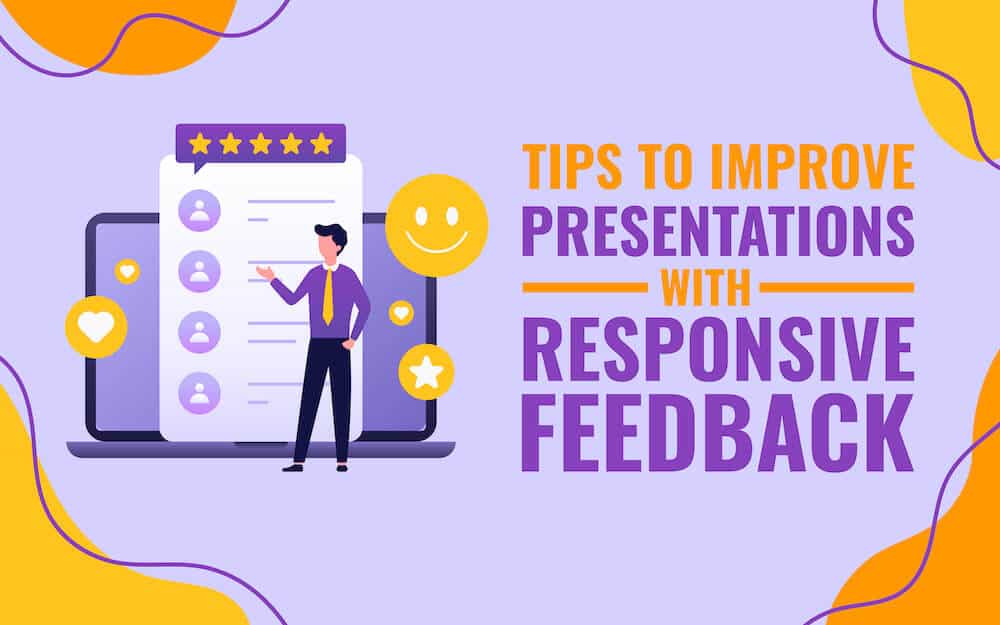
public speaking skills
You’ve studied for years to become an expert in your field and now you’ve been called to deliver a keynote address to a conference of your peers. It’s an exciting moment and when they ask you to speak for half an hour, you want to say “yes, yes, yes!”
But if you want them to remember what you said, say no.
Tell them you will speak for 18 minutes and fill the remaining 12 minutes with questions from the audience. If you forget this rule, you will lose listeners to what researcher Dr. Paul King calls a cognitive backlog.
In a 2014 study at Texas Christian University, he discovered that the more information we take in, the heavier it gets and when it gets too heavy, we start to remember less and less.
Being able to condense your message into 18 minutes as TED Conference speakers do (Technology, Entertainment, Design) is the number one must-have skill for today’s effective public speaker.
Here are 29 others:
- The stamina to practice until it’s perfect. There is absolutely no such thing as “too much.” One hundred times is okay.
- The design skill to add photos to your slides. Know that you deserve every yawn in the house if you dare to show a slide with just bullet points.
- Eloquent body language. People like passion, so while you don’t have to dance a jig to get your point across, it is okay if you are light on your feet.
- The ability to tell stories. Every speech should have at least three good stories in it that people would be inspired to repeat to someone else.
- The skill to demonstrate passion. Strong emotions are contagious. Show your audience you care and they will too.
- The ease of making eye contact. You should not be reading your speech or, even worse, turning away from your audience to constantly read from your slides.
- An abundant attitude. The more great information you give your audience honestly and with generosity, the more value they will see in you.
- Knowledge of your audience. Spend as much time researching your expected audience as you do writing your speech.
- The ability to find fresh information. Research your topic past the top three Google entries. Go into peer-reviewed journals and books.
- A sense of humor. Be funny without telling jokes. Describe incongruous situations or humorous reactions to which your audience can relate.
- Add excitement to your presentation with relevant statistics and quotations that support your points.
- The ability to punch hard with your opener. Write your speech so the audience is shocked, surprised or intrigued by your opening remarks.
- The ability to close even stronger. Spend as much time on your conclusion as you do on all the rest of the speech combined.
- Skill using word imagery. Use similes and metaphors that compare your ideas with something in the lives of your audience to create relevance and understanding.
- Honesty. It is never, never worth the risk of exaggerating your experience or expertise.
- Ability to accept feedback. Practice in front of a family member or friend and openly and willingly accept criticism.
- Remaining unruffled. Unexpected things happen. Stay calm and carry on, as the saying goes.
- Develop boldness in getting discussions going. Nothing is worse than waiting for questions that are never asked. Have a couple of great conversation starters with you to lead discussion if needed.
- Engagement with your audience. Nobody said you had to stay behind the podium all by yourself. You can turn your speech into something more by involving your audience with questions or bringing a volunteer on stage.
- Don’t overload your remarks. Stick to a maximum of three concepts and ensure that everything you say supports them.
- Be logical. Edit yourself and make sure that what you say makes sense.
- Voice control. Raise and lower your voice periodically to avoid the drone of a monotone.
- Hone your memory. Lose your notes and stand there and talk to your audience. It’s tough but a fantastic way to impress people.
- Develop confidence. If you are hesitate you are asking your audience to doubt your words.
- Be prepared. Have succinct answers to questions you will likely be asked. Practice your answers.
- Be able to adapt. No matter how well prepared you are, you can walk into a room and suddenly realize your message is just wrong. Have the skill to quickly revamp.
- Slow down. The number one exhibition of nerves is a speaker who talks too fast. Speak as you would in a calm conversation.
- Master your homework. Check any electronic equipment that will be used during your speech in advance.
- Be able to improvise. If your time is cut short, rise to the occasion to get your key message across and skip the rest.



